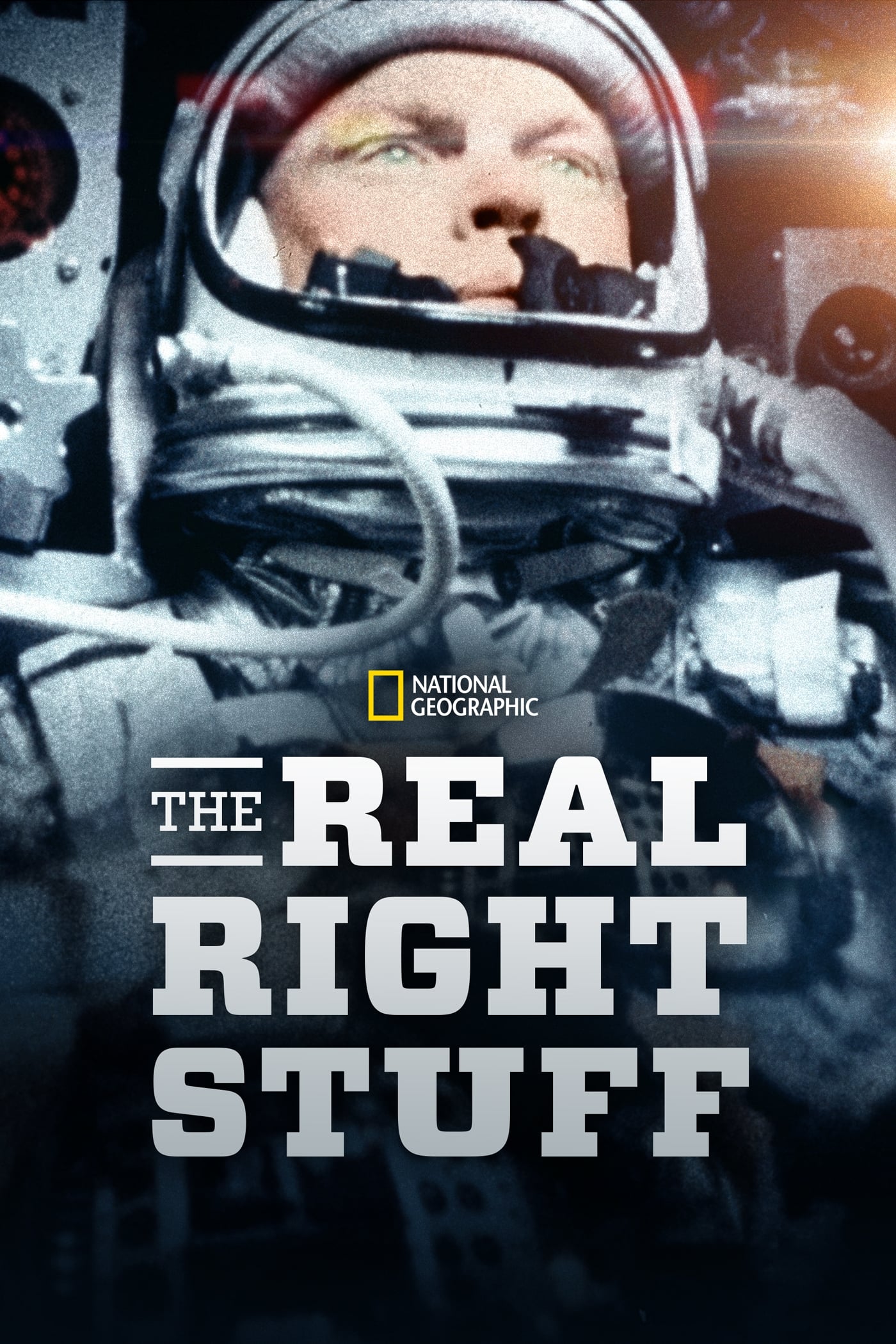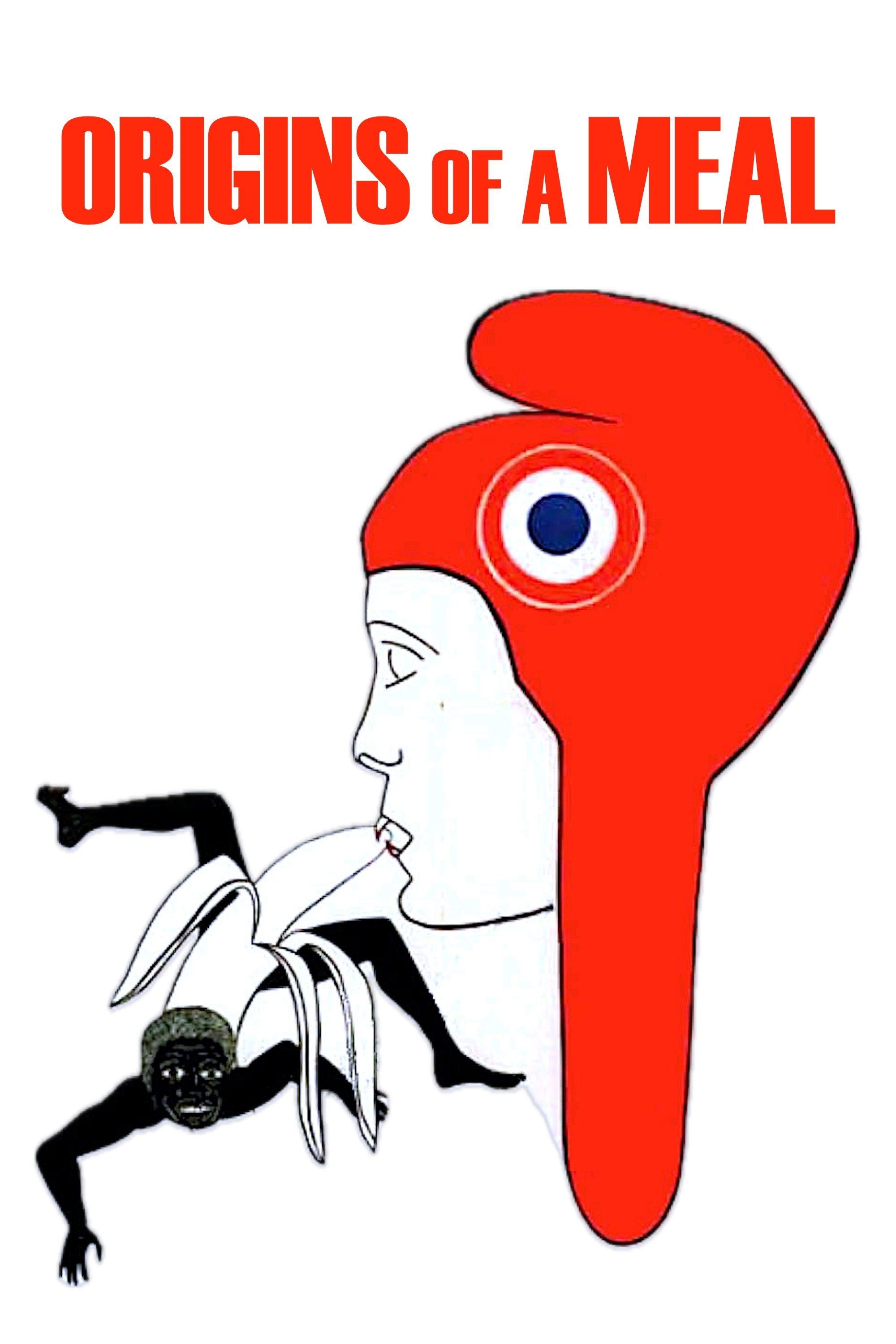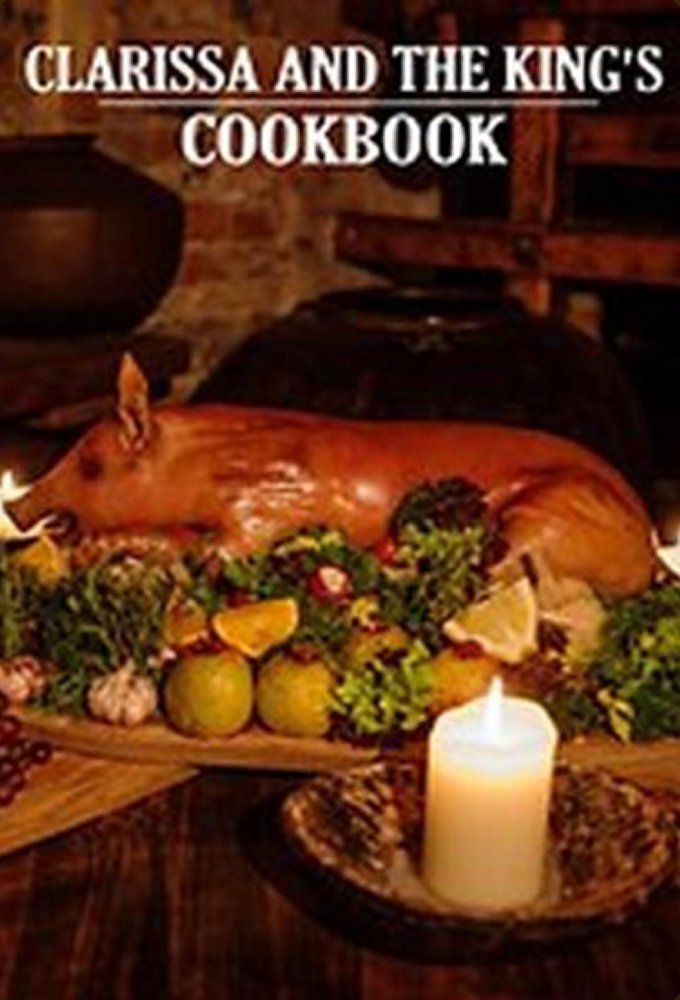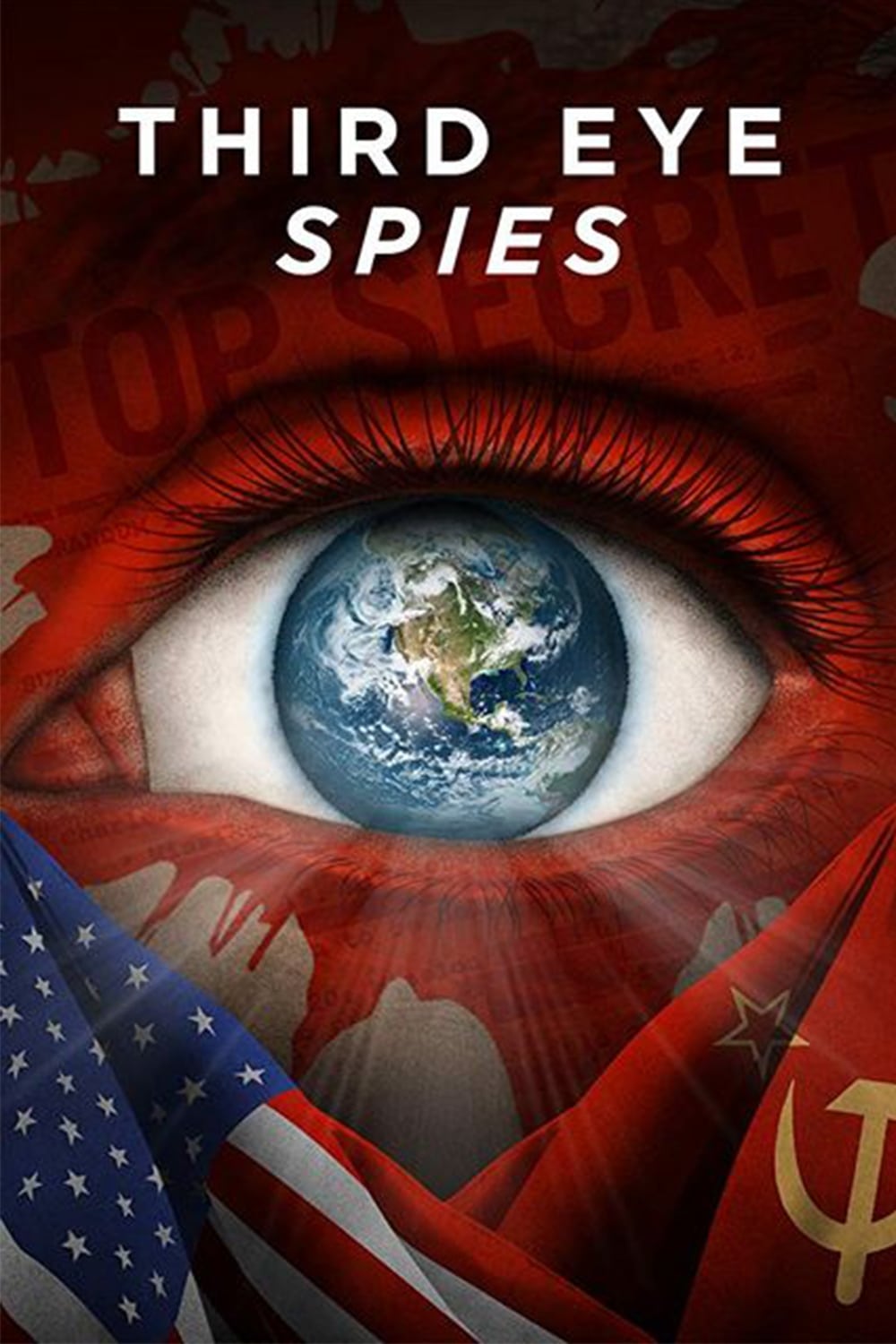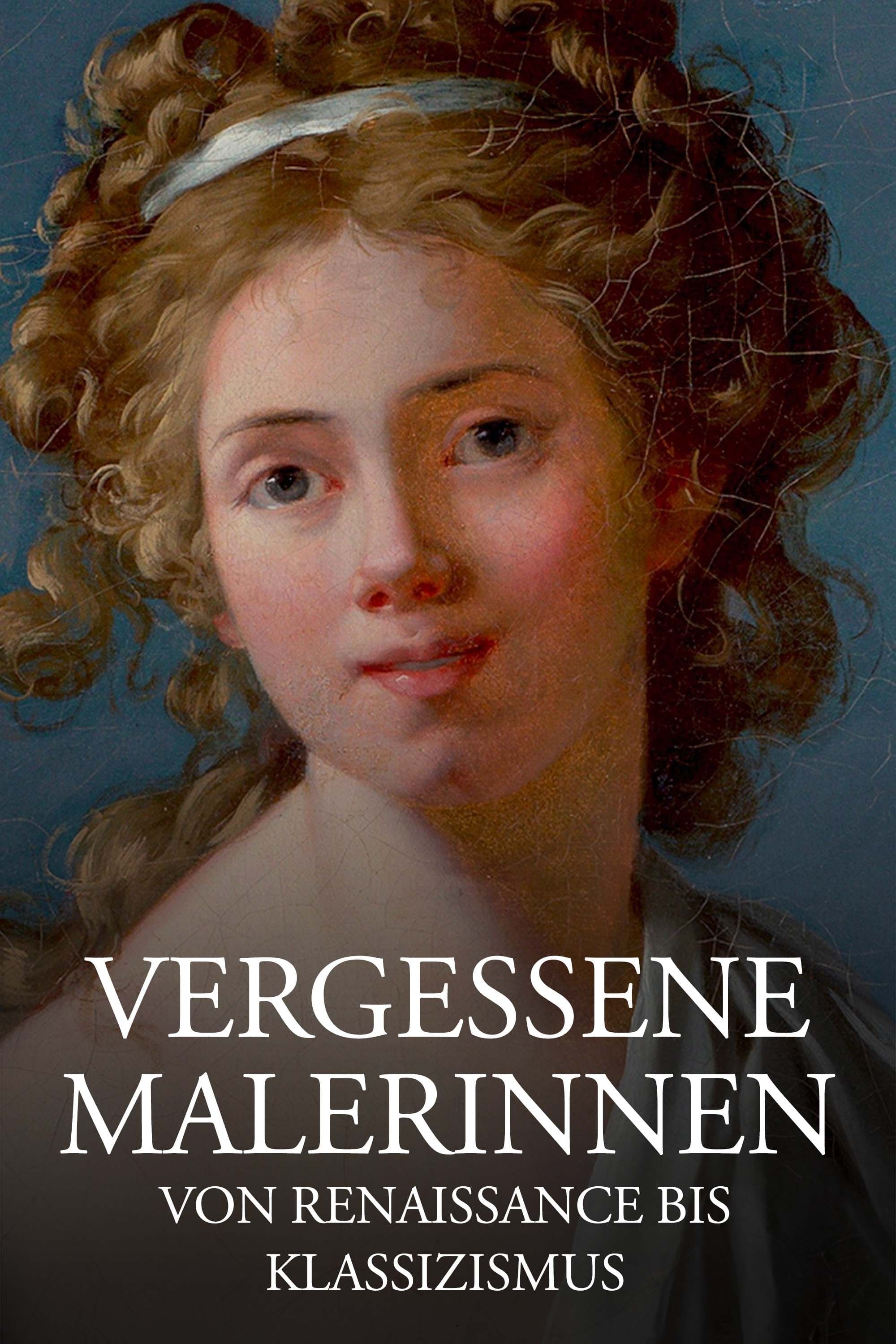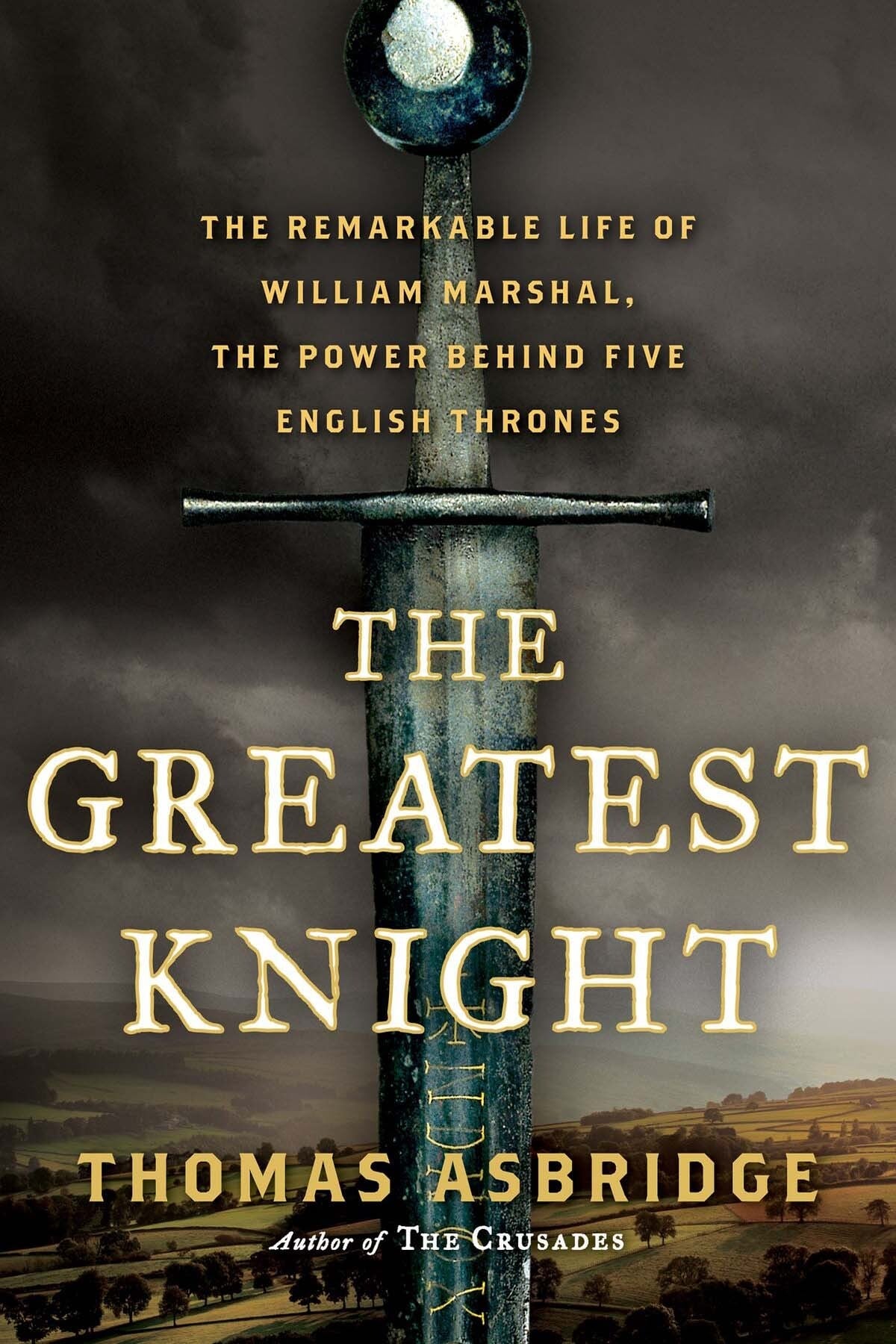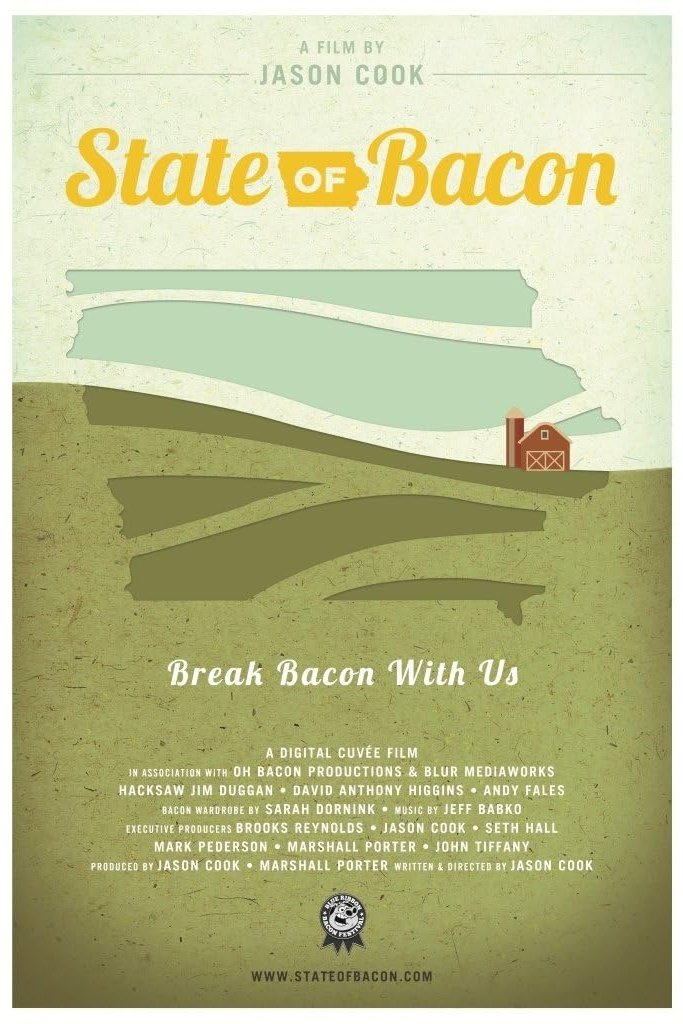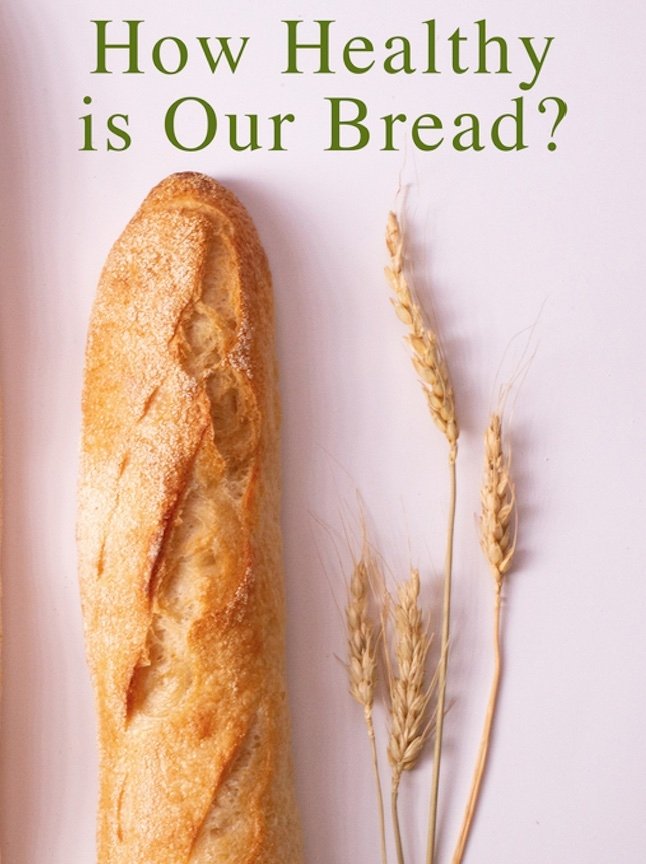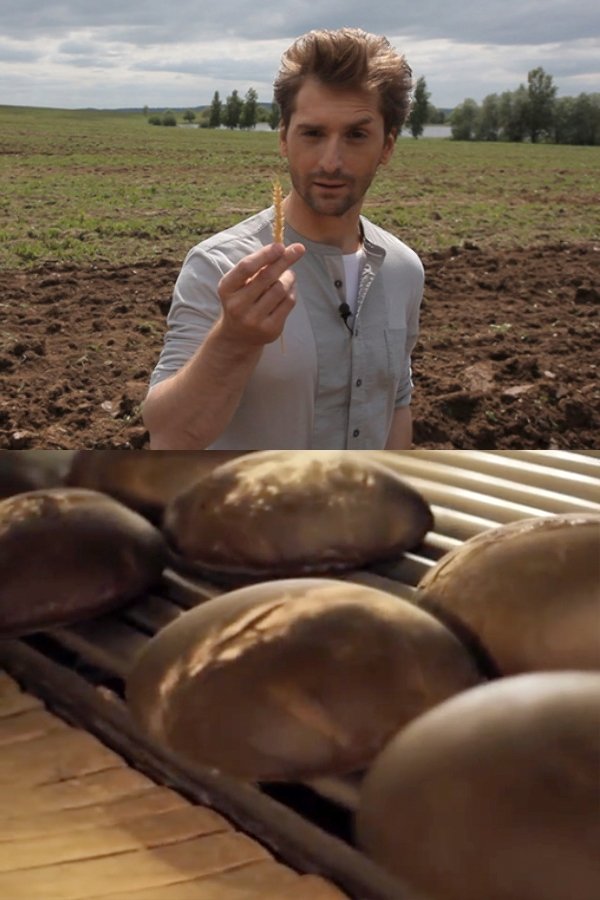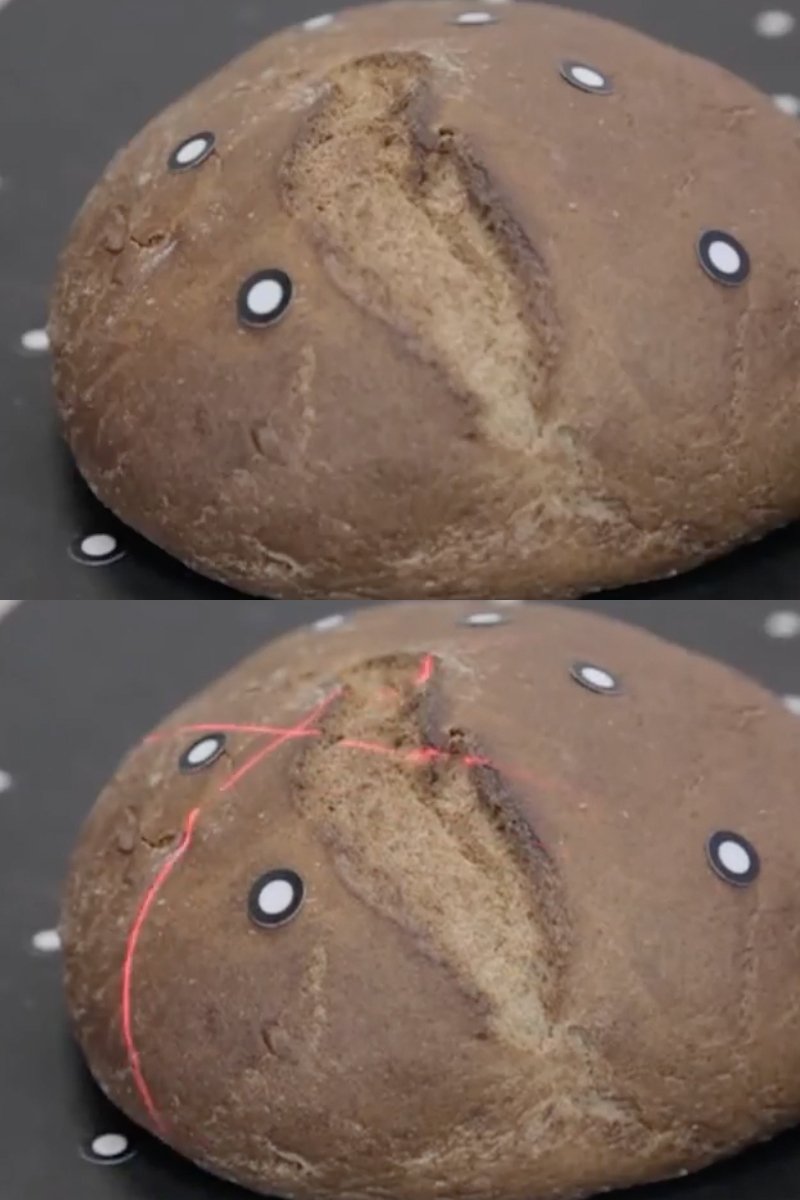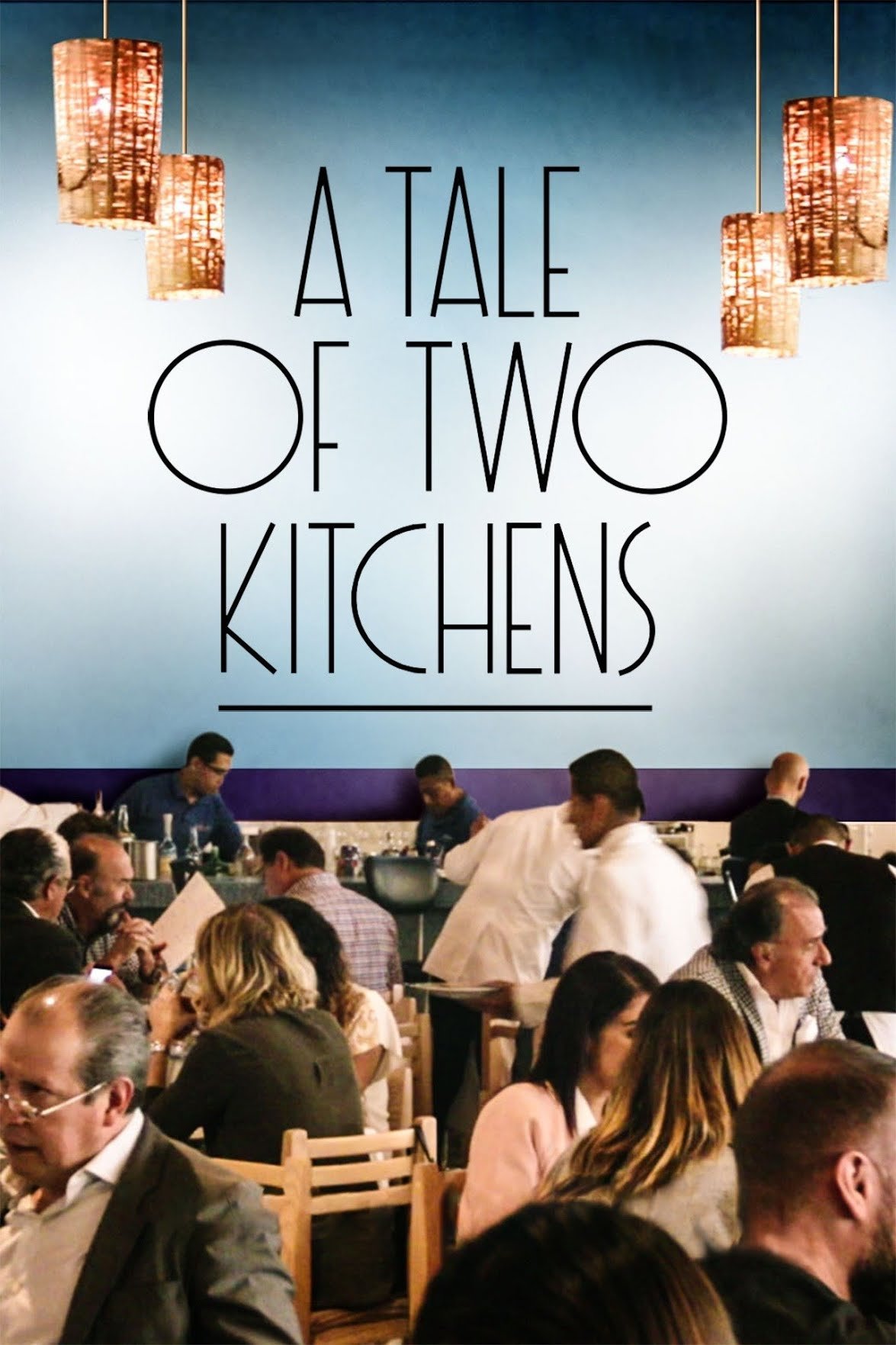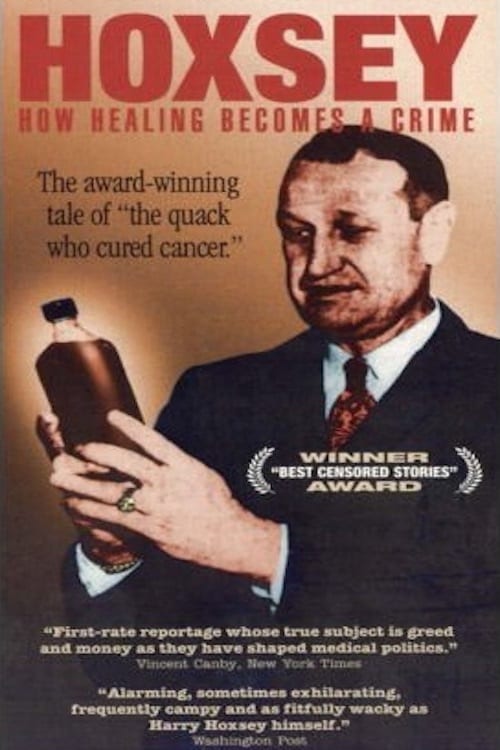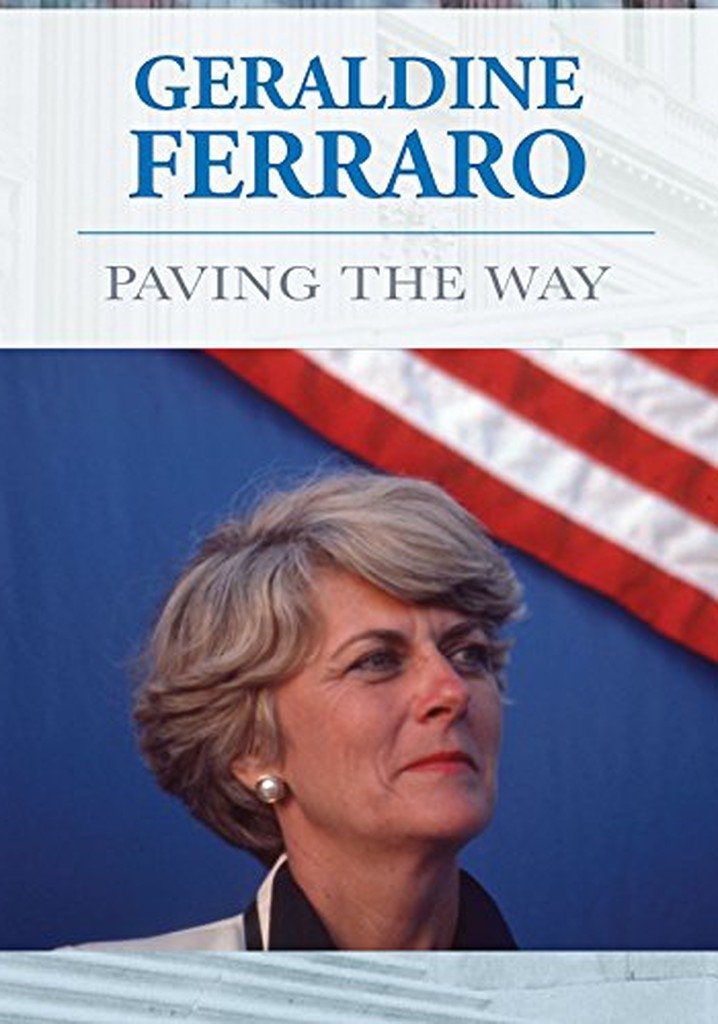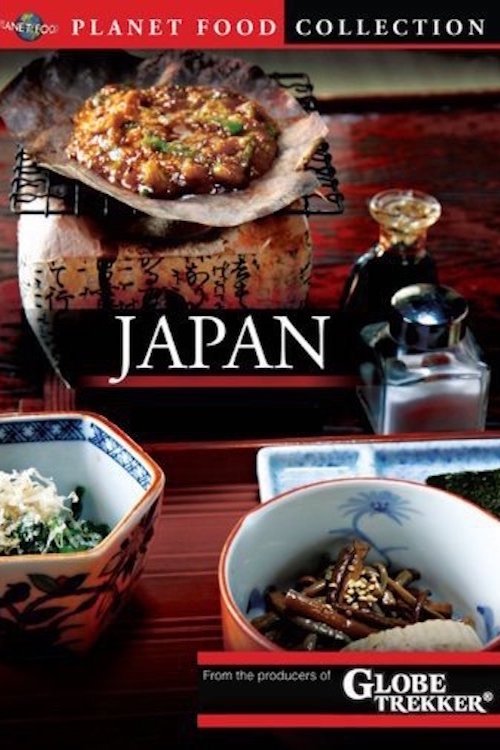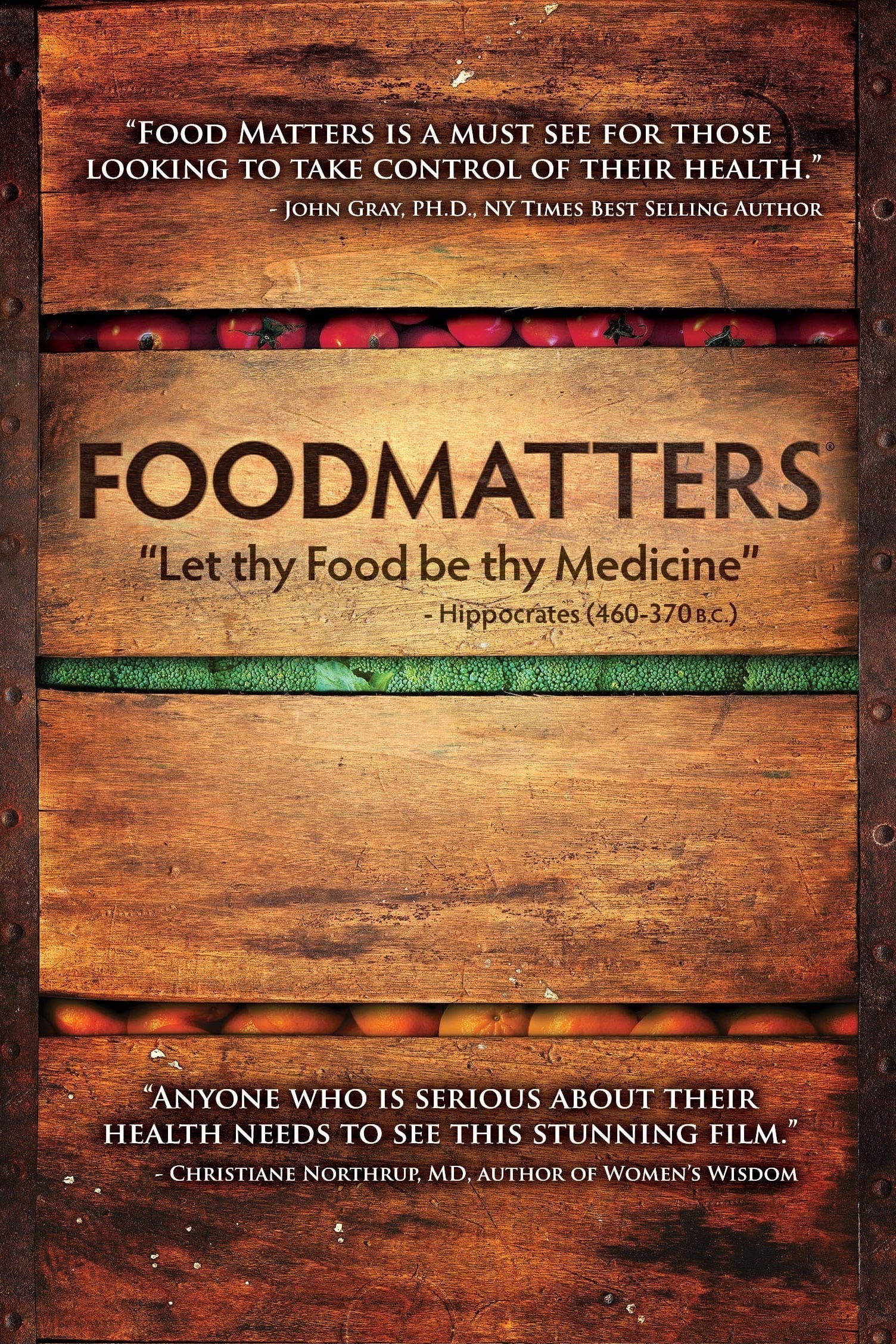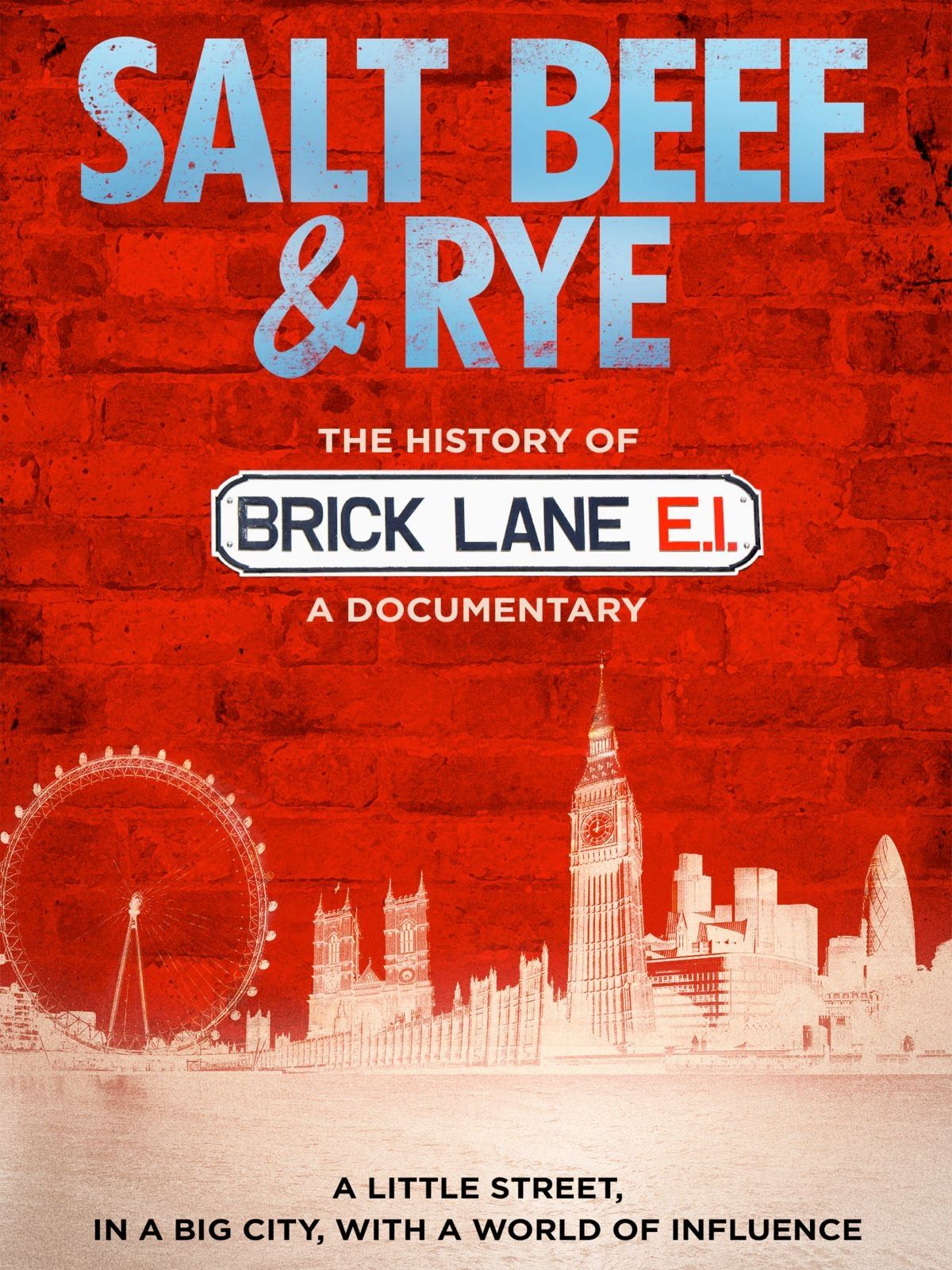
Salt Beef & Rye ()
Overview
Over the period of a year a camera crew filmed and interviewed people who visit the world famous Brick Lane Beigel Bake.
Production Companies
Additional Info
| Budget | $0.00 |
|---|---|
| Revenue | $0.00 |
| Original Language | en |
| Popularity | 0.107 |
Directed By
Crew
TOP CAST
Similar Movies
Workers Leaving the Lumière Factory
Working men and women leave through the main gate of the Lumière factory in Lyon, France. Filmed on 22 March 1895, it is often referred to as the first real motion picture ever made, although Louis Le Prince's 1888 Roundhay Garden Scene pre-dated it by seven years. Three separate versions of this film exist, which differ from one another in numerous ways. The first version features a carriage drawn by one horse, while in the second version the carriage is drawn by two horses, and there is no carriage at all in the third version. The clothing style is also different between the three versions, demonstrating the different seasons in which each was filmed. This film was made in the 35 mm format with an aspect ratio of 1.33:1, and at a speed of 16 frames per second. At that rate, the 17 meters of film length provided a duration of 46 seconds, holding a total of 800 frames.
Gutbuster
Part food doc, part comedy special, Gutbuster follows unhealthy stand-up comedian Dave Stone on a cross-country tour after a sobering health diagnosis pushes him toward a major lifestyle change. He talks to farmers, doctors and academics by day, compiling his own idiot's guide to the modern American meal, then makes funny about his experiences onstage by night.
The Real Right Stuff
The story of America's first astronauts, known as the Mercury 7, told through archival news & radio reports, newly transferred & previously unheard NASA mission audio recordings, and more rare & unseen material.
Origins of a Meal
Bananas, eggs, and tuna: three basic foodstuffs with three wildly different points of origin. Moullet begins with these on his plate but constructs his film by working backwards and finding the sources for these items and how they reach our plates. As Moullet’s investigation deepens, however, the film moves beyond the confines of a simple exploration of food origins into more political and social realms, not only relating to food but also to the medium of film.
SEED: The Untold Story
A film about the importance of heirloom seeds to the agriculture of the world, focusing on seed keepers and activists from around the world.
Clarissa & the King's Cookbook
Clarissa Dickson Wright tracks down Britain's oldest known cookbook, The Forme of Cury. This 700-year-old scroll was written during the reign of King Richard II from recipes created by the king's master chefs. How did this ancient manuscript influence the way people eat today? On her culinary journey through medieval history she reawakens recipes that have lain dormant for centuries and discovers dishes that are still prepared now.
Third Eye Spies
Two physicists discover psychic abilities are real only to have their experiments at Stanford co-opted by the CIA and their research silenced by the demands of secrecy. This is the true story of Russell Targ and America's Cold War psychic spies, disclosed and declassified for the first time, with evidence presented by a Nobel laureate, an Apollo astronaut, and the military and scientific community that has been suppressed for nearly 30 years.
The Greatest Knight - William the Marshal
The fascinating story of knighthood, told through the extraordinary life and times of William Marshal, whom many consider the world's greatest knight. From Europe's medieval castles to the holy city of Jerusalem, presenter Thomas Asbridge explores William's incredible life, revealing a rip-roaring adventure story in the spirit of King Arthur's Knights of the Round Table. In a career that spanned half a century, this English soldier and statesman served some of Christendom's greatest leaders, from Eleanor of Aquitaine to Richard the Lionheart. Marshal fought in battles across Europe, survived court intrigue and exile, put his seal to the Magna Carta and proved to be the best friend a king could have, remaining loyal to those he served through disaster and victory. Then at the age of 70, despite all the odds, he saved England from a French invasion.
State of Bacon
State of Bacon tells the kinda real but mostly fake tale of an oddball group of characters leading up to the annual Blue Ribbon Bacon Festival. Bacon-enthusiasts, Governor Branstad, a bacon queen, Hacksaw Jim Duggan, members of PETA, and an envoy of Icelanders are not excluded from this bacon party and during the course of the film become intertwined with the organizers of the festival to show that bacon diplomacy is not dead.
How Healthy Is Our Bread?
More and more people are suffering from wheat and gluten intolerance. Wheat protein was long considered to be the cause of this scourge, and today gluten free products are on all the supermarket shelves. However, there is now increasing suspicion that it is not wheat but how it is processed that makes bread a potentially unhealthy food. Industrial processes simply do not give bread enough time to mature. More and more bakeries are reacting to this by introducing former production methods and ingredients such as champagne rye, emmer or in vogue chia seeds. Bread is baked according to old recipes, sometimes using home grown and home milled grains.
Bread
A unique project, the popular science series "Bread" is shooting around the world, interviews with scientists and world-class experts. There are 4 series in the project: "Immortality", "Money", "Hunger" and "Gene". This is a story about how bread controlled the destinies of continents and empires, how the rise of some civilizations and the fall of others depended on it, how in different countries and at different times it performed the function of money. This is the first time such a complete study of bread and grain is being carried out on a television screen. The focus is on the most interesting events in the history of Russia, Italy, France, Germany, England, China, Egypt and other countries.
Bread. Gene
Each grain crop - wheat, rye, rice and corn - has been "creating" a special type of person for centuries. For example, rye formed the Slavic culture, wheat influenced the inhabitants of almost all of Central Europe and a significant part of Asia, corn formed the inhabitants from Mexico to Nicaragua, and rice - representatives of Japan, India and China. Today, genetic engineers are trying to create the bread of the future. It is likely that after some time we will have three-dimensional food printers in our kitchens that will be able to "print" buns, loaves or confectionery. However, scientists are convinced that only part of the components for the "printer" will be chemical, and the rest of the components will continue to be grown on earth. At the same time, some researchers believe that genetic engineering may turn out to be a "Pandora's box", while others are sure that they can no longer do without it.
The Organic Life
Sweat, sun, rain, tears, and green thumbs are all part of the challenge for a young couple attempting to become full-time organic farmers in this illuminating doc.
Food, Inc.
Documentary filmmaker Robert Kenner examines how mammoth corporations have taken over all aspects of the food chain in the United States, from the farms where our food is grown to the chain restaurants and supermarkets where it's sold. Narrated by author and activist Eric Schlosser, the film features interviews with average Americans about their dietary habits, commentary from food experts like Michael Pollan and unsettling footage shot inside large-scale animal processing plants.
A Tale of Two Kitchens
Two countries, two restaurants, one vision. At Gabriela Cámara's acclaimed Contramar in Mexico City, the welcoming, uniformed waiters are as beloved by diners as the menu featuring fresh, local seafood caught within 24 hours. The entire staff sees themselves as part of an extended family. Meanwhile at Cala in San Francisco, Cámara hires staff from different backgrounds and cultures, including ex-felons and ex-addicts, who view the work as an important opportunity to grow as individuals. A Tale of Two Kitchens explores the ways in which a restaurant can serve as a place of both dignity and community.
Hoxsey: When Healing Becomes a Crime
In the 1920s, former coal miner Harry Hoxsey claimed to have an herbal cure for cancer. Although scoffed at and ultimately banned by the medical establishment, by the 1950s, Hoxsey's formula had been used to treat thousands of patients, who testified to its efficacy. Was Hoxsey's recipe the work of a snake-oil charlatan or a legitimate treatment? Ken Ausubel directs this keen look into the forces that shape the policies of organized medicine.
Geraldine Ferraro: Paving The Way
A documentary by Donna Zaccaro about the political trailblazer, Geralidine Ferraro. Featuring interviews with Bill and Hillary Clinton, George and Barbara Bush, Walter Mondale, and Geraldine Ferraro herself, among others, this is a heartwarming and engrossing portrait of the first woman who was nominated for vice president, whose legacy still reverberates today.
Planet Food: Japan
Merrilees Parker travels to Japan to learn about its unique food culture. She begins her journey in Tokyo, at Tsukiji, the world's biggest fish market. Master chef, Romeo teaches her how to make the ultimate sushi, an art that takes years to master. Then it's off to a ramen museum, where you can try various regional styles of the noodle soup. Escaping the city, Merrilees takes the bullet train to Matsusaka where she visits a farm that produces the most expensive beef in the world. She also visits Kyoto and Mount Fuji for the annual Summer Fire Festival to gorge herself on wonderful street food.
Food Matters
With nutritionally-depleted foods, chemical additives and our tendency to rely upon pharmaceutical drugs to treat what's wrong with our malnourished bodies, it's no wonder that modern society is getting sicker. Food Matters sets about uncovering the trillion dollar worldwide sickness industry and gives people some scientifically verifiable solutions for curing disease naturally.

